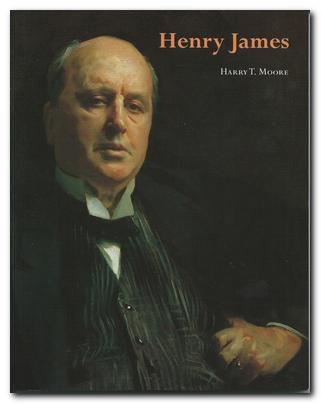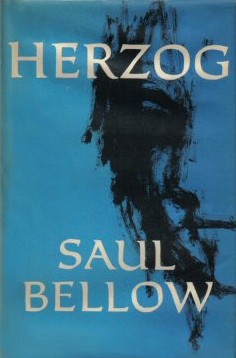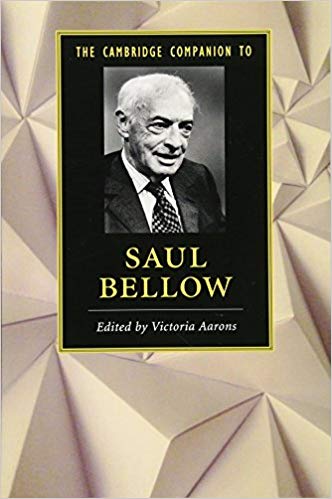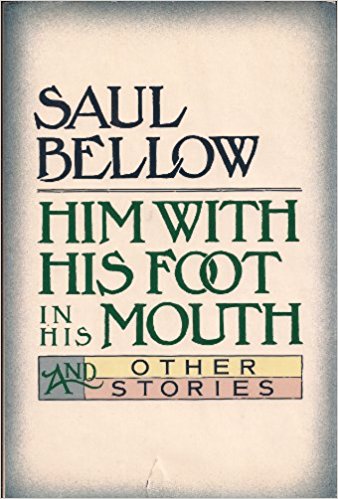20th century diplomacy, literature, and politics
Harold Nicolson was a writer, a politician, and a diplomat – but he is best known as the husband of Vita Sackville-West, and thus by proxy a figure on the fringes of the Bloomsbury Group. He was quite a complex character, and one of the few examples I have come across of someone from the upper reaches of society whose political opinions moved from right to left during the course of life, rather than the other way round. Harold Nicolson’s Diaries is a record of his multi-faceted life.
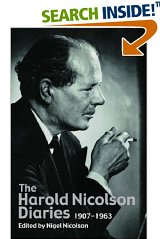 This book is a compilation of both his diaries and letters – principally to his wife, from whom he spent most of their married life apart, something that might well have contributed to the longevity of their curious union (outlined in their son’s fascinating Portrait of a Marriage). It covers an immensely long period in historical terms – starting before the first world war and continuing through a restless life of politics, literature, travel, and high society hob-nobbing until the advent of the Beatles.
This book is a compilation of both his diaries and letters – principally to his wife, from whom he spent most of their married life apart, something that might well have contributed to the longevity of their curious union (outlined in their son’s fascinating Portrait of a Marriage). It covers an immensely long period in historical terms – starting before the first world war and continuing through a restless life of politics, literature, travel, and high society hob-nobbing until the advent of the Beatles.
He was the only member of the peace conference that followed the second world war who had also been present at the first. For the majority of these pages (which represent only a small part of his complete diaries) he was either a diplomat or an MP. Surprisingly, for a snob and elitist, he was very critical of the punitive reparations extracted by the allies in 1918 (which also caused John Maynard Keynes to resign from the commission). Nicolson also petitioned the prime minister for the return of the Elgin Marbles to Athens, and he was passionately opposed to war, having fully absorbed the lessons of 1914-1918.
Lots of famous figures whiz through the pages in cameo performances: Winston Churchill, Lawrence of Arabia, Noel Coward, three generations of UK royalty, Konrad Adenauer, James Joyce (“a difficult man to talk to”) – and it is quite obvious that Nicolson isn’t name-dropping. These were simply the circles in which he mixed.
This work throws his collection of character sketches Some People into sharp positive relief, because for all the famous people and the important scenarios he finds himself involved with here, there is none of the artistic flair and the dramatic compression of his fictionalised narratives.
He resigned from the diplomatic service at the end of 1929 and went to work for Lord Beaverbrook on the Evening Standard, which he hated. He considered journalism “a mere expense of spirit in a waste of shame. A constant hurried triviality which is bad for the mind.”
Then he was torn between writing and politics, whilst he and his wife waited impatiently for his mother-in-law to die, so that they could inherit and be spared any worries about money (having in the meanwhile bought a castle). Actually, she spited them both, and left her money to their son.
He eventually got a seat as MP for Leicester (which Vita refused to visit) and settled into a busy life as an active parliamentarian. The inter-war years coverage is full of the rise of fascism, Italy’s attack on Abyssinia (Ethiopia), the abdication crisis, and then the full drama of the second world war, which provide his most inspired entries.
Although on the surface his political allegiances moved leftwards, he was a great admirer of Churchill, and he eventually regretted joining the Labour Party. He never achieved high office, and when eventually awarded a knighthood, he was so snobbish he felt it as an insult, because he thought he ought to be made a member of the Lords – so that he could escape his ‘plebeian’ surname.
Modern readers will have to choke back opinions which seem to come out of the political ark:
I believe that our lower classes are for some curious reason congenitally indolent, and that only the pressure of gain or destitution makes them work.
You know how I hate niggers …But I do hate injustice even more than I hate niggers
But the effort of restraint necessary is eventually worth it – because of the insights he affords into the workings of the English upper class, the oblique glimpses we get into power politics, the guided tours through London clubland, and his revelations about people as diverse as the Duke of Windsor (‘eyes…like fried eggs’) and Henry James (‘a late-flowering bugger’).
© Roy Johnson 2005
Nigel Nicolson (ed), Harold Nicolson’s Diaries 1907-1964, London: Orion Books, 2005, pp.511, ISBN 075381997X
More on Harold Nicolson
More on the Bloomsbury Group
Twentieth century literature
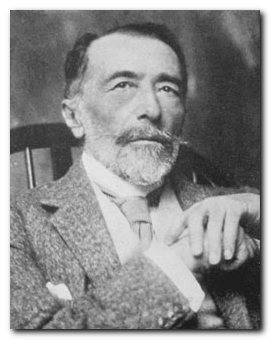
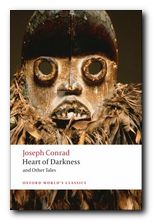
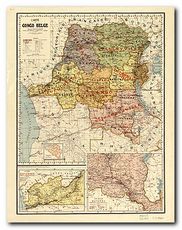 Marlow and his crew take the ailing Kurtz aboard their ship and depart. Kurtz is lodged in Marlow’s pilothouse and Marlow begins to see that Kurtz is every bit as grandiose as previously described. During this time, Kurtz gives Marlow a collection of papers and a photograph for safekeeping. Both had witnessed the Manager going through Kurtz’s belongings. The photograph is of a beautiful woman whom Marlow assumes is Kurtz’s love interest.
Marlow and his crew take the ailing Kurtz aboard their ship and depart. Kurtz is lodged in Marlow’s pilothouse and Marlow begins to see that Kurtz is every bit as grandiose as previously described. During this time, Kurtz gives Marlow a collection of papers and a photograph for safekeeping. Both had witnessed the Manager going through Kurtz’s belongings. The photograph is of a beautiful woman whom Marlow assumes is Kurtz’s love interest.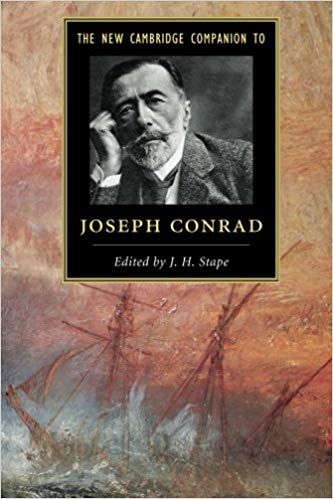
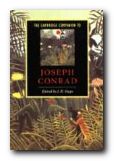 The Cambridge Companion to Joseph Conrad offers a series of essays by leading Conrad scholars aimed at both students and the general reader. There’s a chronology and overview of Conrad’s life, then chapters that explore significant issues in his major writings, and deal in depth with individual works. These are followed by discussions of the special nature of Conrad’s narrative techniques, his complex relationships with late-Victorian imperialism and with literary Modernism, and his influence on other writers and artists. Each essay provides guidance to further reading, and a concluding chapter surveys the body of Conrad criticism.
The Cambridge Companion to Joseph Conrad offers a series of essays by leading Conrad scholars aimed at both students and the general reader. There’s a chronology and overview of Conrad’s life, then chapters that explore significant issues in his major writings, and deal in depth with individual works. These are followed by discussions of the special nature of Conrad’s narrative techniques, his complex relationships with late-Victorian imperialism and with literary Modernism, and his influence on other writers and artists. Each essay provides guidance to further reading, and a concluding chapter surveys the body of Conrad criticism.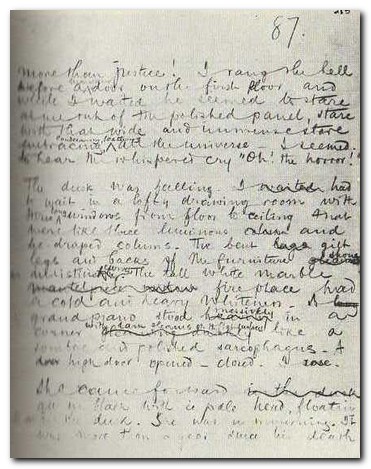
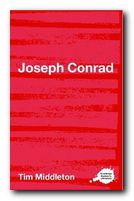 Joseph Conrad’s Heart of Darkness is a good introduction to Conrad and criticism of the text. It includes a potted biography, an outline of the novella, and pointers towards the main critical writings – from the early comments by his contemporaries to critics of the present day. The latter half of the book is given over to five extended critical readings of the text. These represent what are currently perceived as major schools of literary criticism – neo-Marxist, historicism, feminism, deconstructionist, and narratological.
Joseph Conrad’s Heart of Darkness is a good introduction to Conrad and criticism of the text. It includes a potted biography, an outline of the novella, and pointers towards the main critical writings – from the early comments by his contemporaries to critics of the present day. The latter half of the book is given over to five extended critical readings of the text. These represent what are currently perceived as major schools of literary criticism – neo-Marxist, historicism, feminism, deconstructionist, and narratological.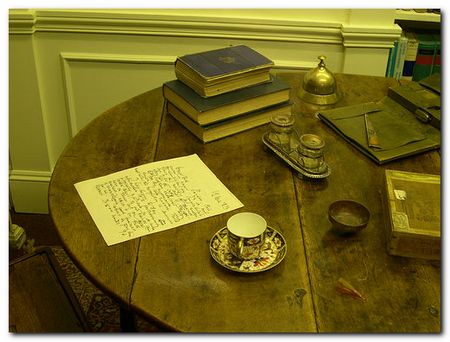
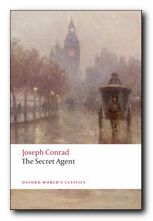 The Secret Agent
The Secret Agent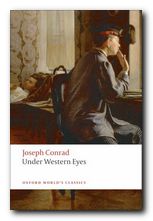 Under Western Eyes
Under Western Eyes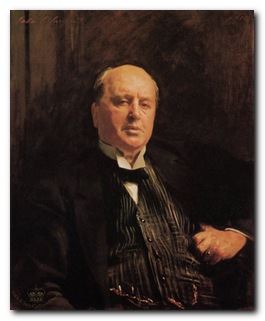
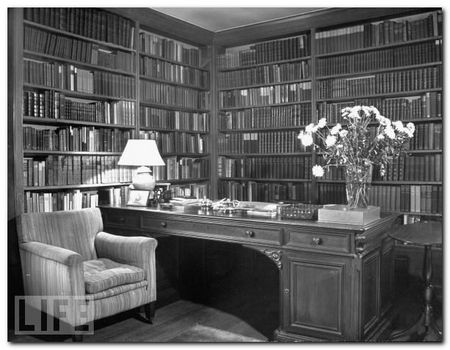
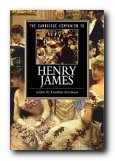 The Cambridge Companion to Henry James
The Cambridge Companion to Henry James The Cambridge Companion to Henry James is intended to provide a critical introduction to James’ work. Throughout the major critical shifts of the past fifty years, and despite suspicions of the traditional high literary culture that was James’ milieu, as a writer he has retained a powerful hold on readers and critics alike. All essays are written at a level free from technical jargon, designed to promote accessibility to the study of James and his work.
The Cambridge Companion to Henry James is intended to provide a critical introduction to James’ work. Throughout the major critical shifts of the past fifty years, and despite suspicions of the traditional high literary culture that was James’ milieu, as a writer he has retained a powerful hold on readers and critics alike. All essays are written at a level free from technical jargon, designed to promote accessibility to the study of James and his work. Washington Square
Washington Square The Aspern Papers
The Aspern Papers The Spoils of Poynton
The Spoils of Poynton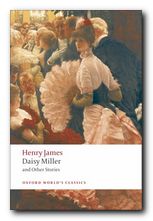 Daisy Miller
Daisy Miller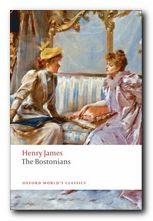 The Bostonians
The Bostonians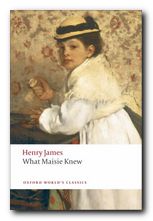 What Maisie Knew
What Maisie Knew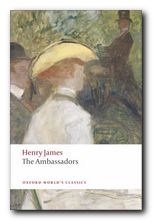 The Ambassadors
The Ambassadors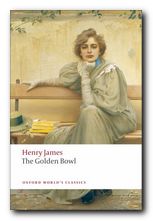 The Golden Bowl
The Golden Bowl